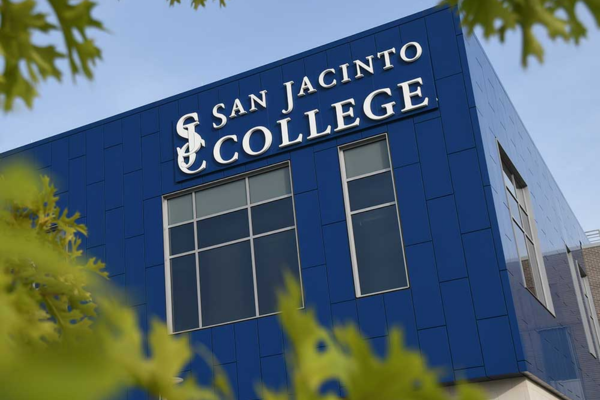Houston Ranks Among Leading Life Sciences Markets: CBRE Report
Published Jun 15, 2022 by A.J. Mistretta
Aided by a high percentage of PhDs and a low cost of living, Houston ranks No. 13 in a new analysis of the nation’s top 25 life sciences markets from real estate firm CBRE.
The report sheds light on the growth of life sciences hubs beyond the traditional coastal markets such as Boston and San Diego. Houston is getting a boost from the growing Texas Medical Center and an influx of venture capital earmarked for life sciences research.
Job growth in life sciences professions – from bioengineers and biochemists to microbiologists and data scientists – expanded by 79% over the last two decades to roughly 500,000. In comparison, the overall U.S. job growth rate in that span was 8%, according to CBRE. That surge in life sciences jobs boosted mainstay markets such as Boston and San Francisco as well as emerging hubs including Nashville, Salt Lake City and Houston.
The report suggests that Houston’s life sciences labor market offers an attractive combination of affordability and a particularly strong PhD talent pool. Major research universities and medical institutions such as the UT School of Public Health and Baylor College of Medicine boosted the city’s ranking ahead of other Texas markets in CBRE’s analysis.
“Houston’s favorable business climate and cost of living, combined with the size of its scientific talent pool and medical institutions, make it an attractive market for life sciences industry expansion,” said Scott Carter, Senior Vice President, Life Sciences & Healthcare at CBRE in Houston. “Houston is projected to lead the nation in population growth over the next five years, which will only strengthen the appeal of its labor market.”
Houston ranks No. 1 in the nation when it comes to life sciences wages relative to the cost of living, making it more attractive for life sciences professionals to enjoy a high quality of life. PhDs account for 18.5% of the 1,300 Biological and Biomedical Sciences degrees issued from the Houston MSA annually – the highest concentration nationwide. And Houston produces 4.2% of such PhDs in the U.S. – more than all but a few major life sciences markets do.
“Millions of square feet and billions of dollars of life sciences development is underway or planned in Houston to break down longtime silos between commercial, academic, and medical sectors,” Carter said. “Leveraging the unmatched scale of the Texas Medical Center, these new moon-shot investments are building a launchpad to rocket Space City into a new era as a global hub for scientific and human progress.”
Highlighting the rapid investment in the city’s innovation ecosystem, Houston has one of the country’s fastest-growing pipelines for life sciences venture capital funding, which increased by 937% in the last five years – nearly three times the nationwide increase of 345%.
To develop the ranking, CBRE assessed each market against multiple criteria, including its number of life sciences jobs and graduates, life sciences’ share of each market’s overall job and graduate pool, number of doctorate degree holders in life sciences, and its concentration of jobs in the broader professional, scientific and technical services professions.
A number of large-scale life sciences developments are currently in the works that will add significant amounts of new research, lab and office space to the existing market, including Levit Green and TMC3. Learn more about some of those projects. Click here to see the full CBRE report.
 The Houston Report
The Houston Report



















